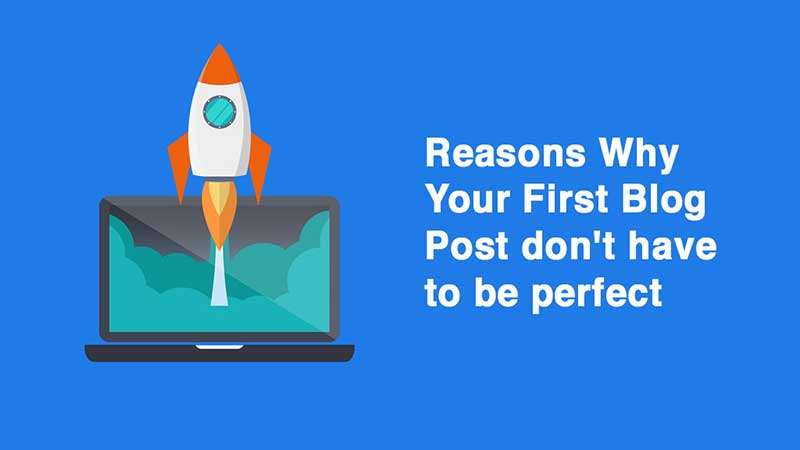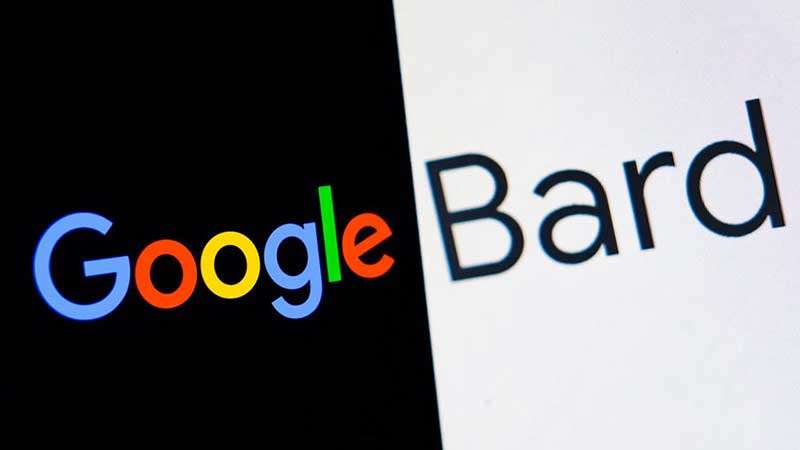
Will artificial intelligence(AI) kill jobs
Artificial Intelligence (AI) and other technological advancements have brought numerous benefits to society, but they also pose concerns regarding job displacement. Will artificial intelligence(AI) kill jobs in the future? Will this new trend of technology put the job profiles at high risk in next 5-7 years? In This article we’ll try to put light on that scary issue.
Is Artificial Intelligence a Danger to Employment?
The emergence of ChatGPT, for example, has raised worries about the potential elimination of jobs in various fields, including advertising copywriting, Wall Street trading, sales, computer coding, and journalism. The World Economic Forum (WEF) recently released a report indicating that AI and smart technologies could jeopardize job roles such as bank tellers, cashiers, and data entry clerks, rendering them obsolete within the next five years. This data is derived from a survey conducted among 803 companies planning to adopt big data, cloud computing, and AI technologies in the near future.

How Will AI Affect The Future Jobs?
AI is anticipated to have a significant impact on future jobs, and unfortunately, it may lead to some negative consequences.
- Reduction in job opportunities
The introduction of AI technologies has the potential to automate various tasks currently performed by humans, which could result in a considerable reduction in job opportunities. Many routine and repetitive jobs are at risk of being replaced by AI systems, leaving individuals in those roles unemployed. - Obsolete job positions
Moreover, AI advancements may disrupt entire industries, rendering certain job positions obsolete. For instance, sectors heavily reliant on manual labor or basic data analysis may experience significant job losses as AI algorithms and machines take over those functions. This could lead to widespread unemployment and financial instability for individuals who are unable to adapt their skills to the changing job market. - Income inequality
While AI may create new job opportunities in fields directly related to AI development and implementation, such positions often require specialized skills and knowledge that not everyone possesses. This could exacerbate income inequality as those without the necessary skills may struggle to find suitable employment in the AI-driven job market. - Biased and discriminatory practices
Additionally, the reliance on AI for decision-making processes raises concerns about biases and ethical implications. If AI systems are programmed with biased data or flawed algorithms, it could perpetuate inequalities and discriminatory practices, potentially affecting marginalized communities disproportionately.
AI’s impact on future jobs may lead to job losses, industry disruptions, increased inequality, and potential ethical challenges. It is crucial for individuals and societies to proactively address these negative aspects and develop strategies to mitigate the adverse effects of AI on the workforce.
——————————
Also Read: 5 Most Important Facts About Google Bard You Should Know
——————————
Which Jobs Are At Risk From AI?
The widespread popularity of online banking has had a negative impact on physical bank branches, resulting in their closure and putting bank teller and related clerk positions at risk. A recent report suggests that these roles could experience a decline of around 40 percent by the end of this decade.
Furthermore, the increasing interest and growth of automation, sensor technologies, and online services are also reducing the demand for job positions such as postal service clerks, cashiers, ticket office clerks, and data entry staff. The report highlights that these roles could potentially decline by more than a third within the next five years.
According to the Future of Jobs 2023 report, data clerks are expected to face the highest absolute job losses, with approximately 8 million jobs projected to be lost within five years. This is followed by administrative and executive secretaries, as well as accounting, bookkeeping, and payroll clerks. These three occupations combined account for over half of the anticipated job destruction mentioned in the report.

The Top 12 Jobs That Are At The Highest RISK And Has Most Probability to Get Wiped Out By AI

- Tech Jobs: AI technologies like ChatGPT may replace certain aspects of web development, computer programming, coding, software engineering, and data science tasks.
- Software Developers: Organizations are rapidly adopting artificial intelligence, leading to layoffs in the IT sector. Tech giants like Cognizant, Infosys, and Capgemini have announced layoffs of mid and senior-level employees due to the emergence of technologies like AI and automation. These technologies offer cost-effective solutions for organizations, impacting the demand for certain software development roles.
- Media Jobs: AI-generated content is already being tested in the media industry, with tools like ChatGPT being used to write articles and create new types of content such as quizzes and travel guides.
- Legal Industry Jobs: While AI can assist with tasks like information processing, the human judgment required in activities such as digesting information and creating legal briefs or opinions makes it difficult to entirely automate jobs of paralegals and legal assistants.
- Market Research Analysis: AI’s data processing capabilities make market research analysts susceptible to transformation as it can gather and analyze data to identify trends and inform marketing campaigns or advertising placements. Experts predict a 61% chance that automation and AI will replace market research analysts and marketing specialists.
- Teachers: There are concerns about students using AI tools like ChatGPT to cheat on schoolwork, but the personal connection and in-person teaching will always be necessary for effective education.
- Finance: AI can analyze market patterns, evaluate portfolio performance, and provide insights for financial institutions to make better investment decisions.
- Traders: ChatGPT and similar technologies have the potential to automate tasks performed by knowledge workers in various sectors of Wall Street, allowing them to focus on higher-value tasks.
- Graphic Designers: Advances in AI may impact graphic designers, leading to a need for upskilling and adaptation as AI can create and manipulate images.
- Accountants: Although accounting is considered a secure job, advancements in technology could impact certain aspects of the field, requiring accountants to adapt and incorporate new technologies.
- Customer Service Agents: AI technologies like ChatGPT have the potential to automate customer interactions, leading to more automated responses in customer care.
- Retail Workers: Large retailers like Walmart are implementing new technologies to streamline tasks that were traditionally performed by retail workers. This will also affect in Indian retail market soon.

What Will Happen If AI Takes Over Jobs?
- Job Losses: People in may find it challenging to secure employment, resulting in financial difficulties and unemployment.
- Economic Impact: Reduced employment opportunities can lead to decreased consumer spending, affecting businesses and potentially causing economic downturns.
- Reskilling and Upskilling: Individuals may need to acquire new skills or enhance existing ones to remain employable in the changing job market. Reskilling and upskilling programs would become important to help people adapt to new roles and industries.
- Income Inequality: Those who possess the necessary skills to work alongside AI or develop and maintain AI systems may benefit, while others without access to training or resources may face greater challenges in finding suitable employment.
- New Job Opportunities: While AI may replace some jobs, it can also create new job opportunities. It is crucial for individuals to adapt and acquire skills that complement AI-driven roles.
- Human-AI Collaboration: Collaboration between humans and AI can lead to improved productivity and efficiency in various industries.
- Ethical Considerations: Proper regulations and ethical guidelines are necessary to ensure responsible use and address potential ethical challenges.
———————————-
Also Read: Rozgar Mela 2023: PM Modi Distributes Employment Letters to 71,000 youth
———————————-

How To Protect Your Job From AI?
Since the introduction of OpenAI’s ChatGPT, concerns about job security have arisen among many individuals. While some experts view AI as a potential threat, others see it as a revolutionary technology with transformative possibilities.
To safeguard your job from AI, one effective approach is to prioritize the development of unique human skills. AI tools often struggle to replicate certain human abilities, and acquiring and honing these skills can help individuals maintain their competitive edge in the long term.
Some of the key human skills that are challenging, and sometimes impossible, for AI to automate include:
- Creativity: The ability to generate original ideas, think outside the box, and bring innovative solutions to problems remains a distinctively human trait.
- Emotional Intelligence: Understanding and managing emotions, as well as empathizing with others, are essential skills that enable meaningful connections and effective communication.
- Complex Problem-Solving: Tackling intricate problems that require analyzing multiple variables, making informed decisions, and adapting strategies based on unique circumstances are areas where human expertise is highly valuable.
- Critical Thinking: The capacity to objectively evaluate information, assess its reliability, identify biases, and draw sound conclusions plays a crucial role in decision-making and problem-solving.
By emphasizing and continuously refining these unique human skills, individuals can adapt to the evolving job market and collaborate effectively with AI technologies, ensuring their professional longevity and success.
Few Commonly Asked Questions
What Jobs Cannot be Replaced by AI?
Jobs that need a lot of emotional understanding, like therapists, social workers, and nurses, probably won’t be taken over by AI. Also, jobs that require a lot of specialized knowledge in a specific area, like doctors, lawyers, and scientists, are less likely to be completely replaced by AI.
What Jobs Will be Left After AI?
The jobs that will be left after AI:
– Creating AI Systems
– Training AI Systems
– Managing AI Systems
– Maintaining AI Systems
– Jobs like nursing, teaching, care-taking, counseling, entertainment, etc
Can AI Replace Doctors?
Thankfully, AI won’t replace doctors in my lifetime! The exciting part is that AI has the ability to enhance doctors’ decision-making, leading to better healthcare outcomes for patients like you.
Can AI Replace Teachers?
It is unlikely that AI will completely replace teachers in the near future. But in private-tuition or coaching-center teacher are likely to be replaced by AI.
What is AI
AI, which stands for Artificial Intelligence, refers to the development of computer systems that can perform tasks that typically require human intelligence. It involves creating machines or computer programs that can think, learn, and make decisions in a way that mimics human intelligence. AI technology allows computers to analyze data, recognize patterns, solve problems, and even make predictions. It is used in various applications, such as voice assistants, image recognition, autonomous vehicles, and many other areas where intelligent decision-making is needed.
——————————————-
Top Photo: wonderslist.com

Hi I am Harish. I am a blogger, writer. I am also a photographer. I love to share my thoughts and experiences through the words in my blog. Thank you.



